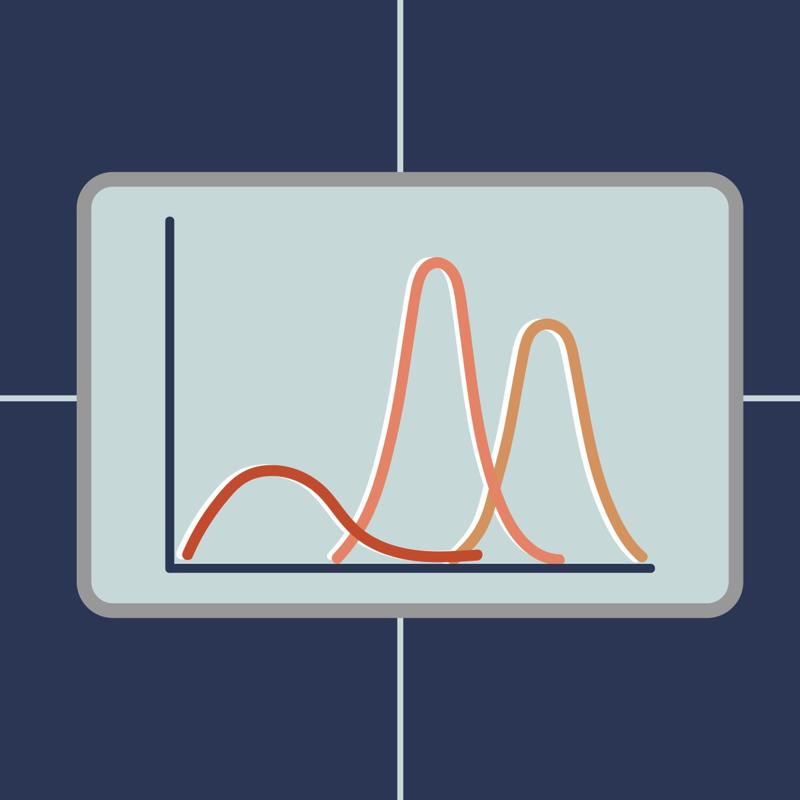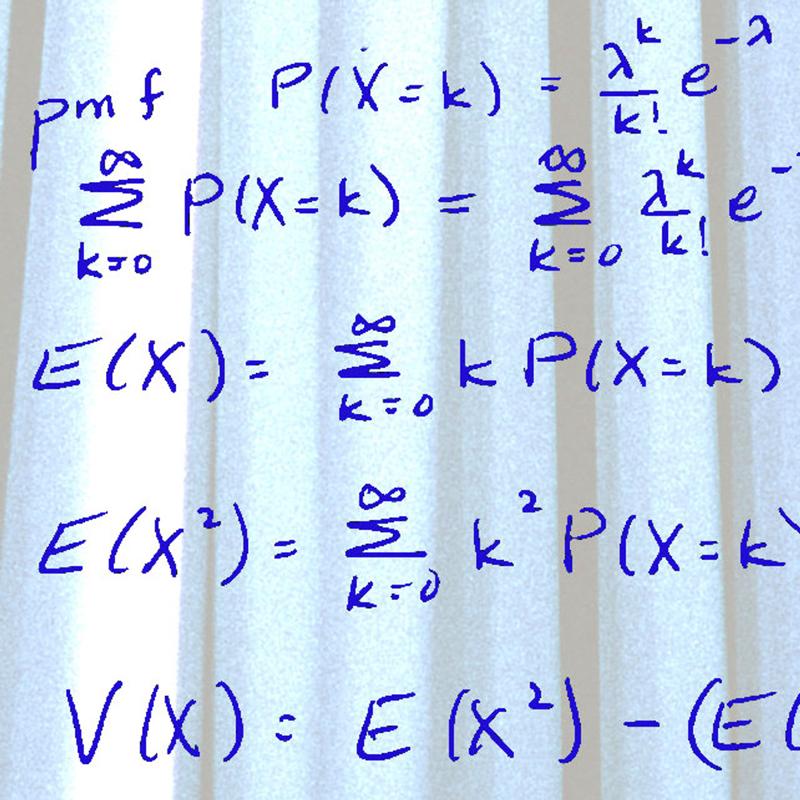Course overview
- Provider
- Coursera
- Course type
- Free online course
- Level
- Intermediate
- Deadline
- Flexible
- Duration
- 13 hours
- Certificate
- Paid Certificate Available
- Course author
- Douglas C. Montgomery
-
Conduct experiments w/computer models and understand how least squares regression is used to build an empirical model from experimental design data
Understand the response surface methodology strategy to conduct experiments where system optimization is the objective
Recognize how the response surface approach can be used for experiments where the factors are the components of a mixture
Recognize where the objective of the experiment is to minimize the variability transmitted into the response from uncontrollable factors
Description
Factorial experiments are often used in factor screening.; that is, identify the subset of factors in a process or system that are of primary important to the response. Once the set of important factors are identified interest then usually turns to optimization; that is, what levels of the important factors produce the best values of the response. This course provides design and optimization tools to answer that questions using the response surface framework. Other related topics include design and analysis of computer experiments, experiments with mixtures, and experimental strategies to reduce the effect of uncontrollable factors on unwanted variability in the response.
Similar courses

-
Flexible deadline
-
18 hours
-
Certificate

-
Flexible deadline
-
12 hours
-
Certificate

-
Flexible deadline
-
48 hours
-
Certificate

